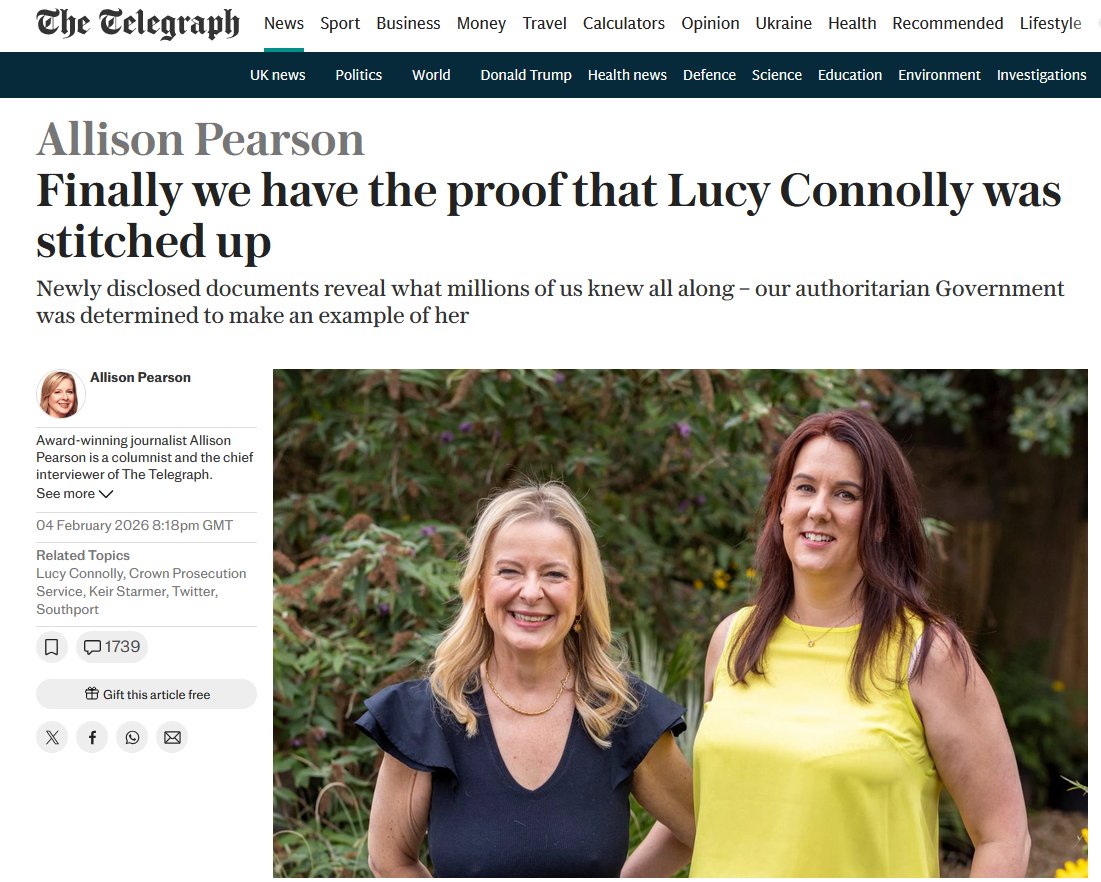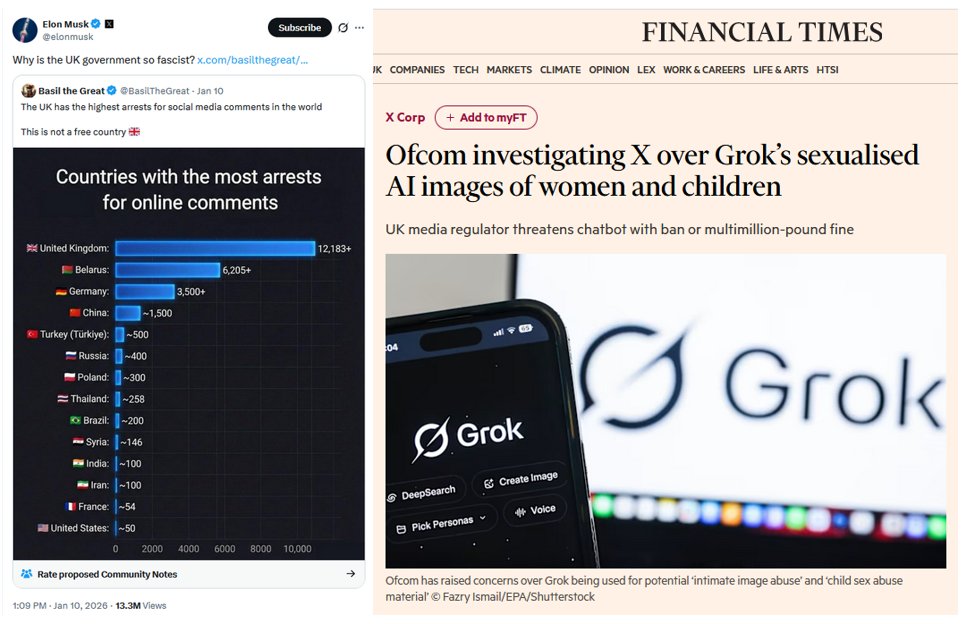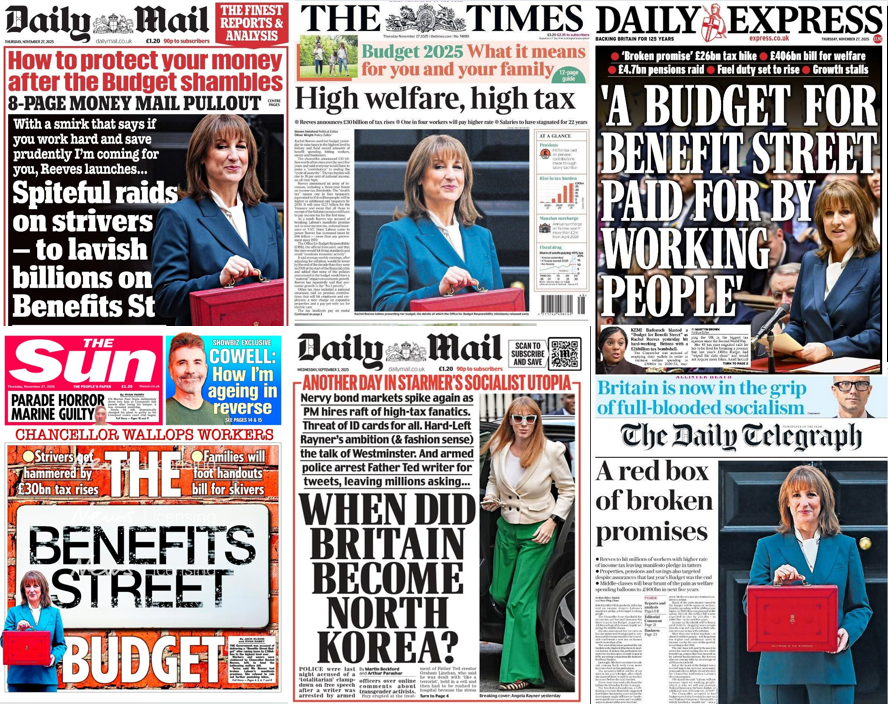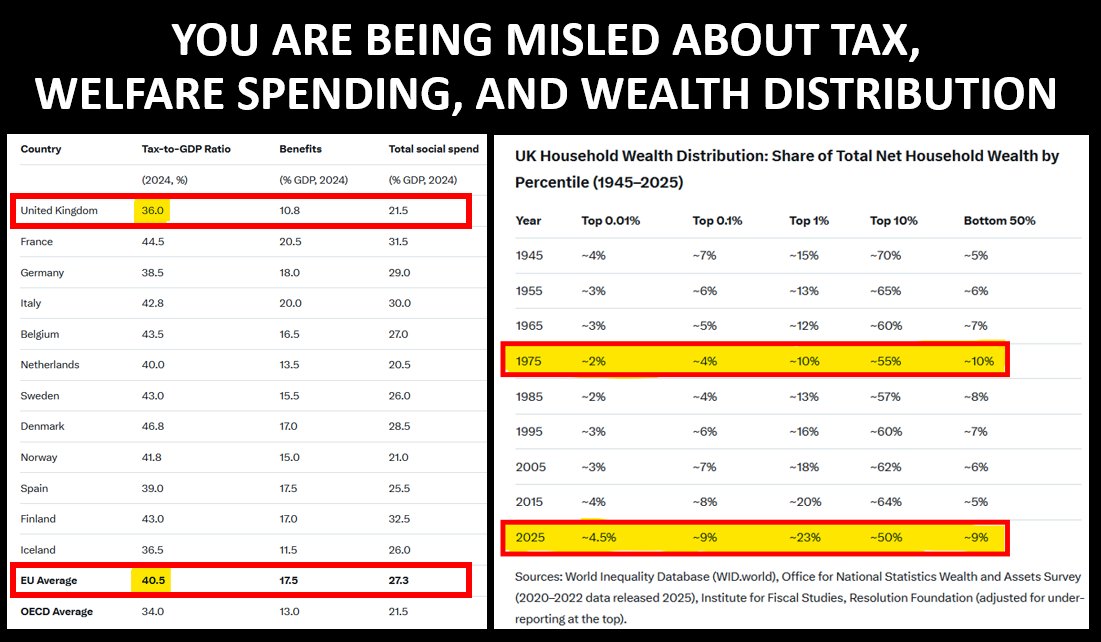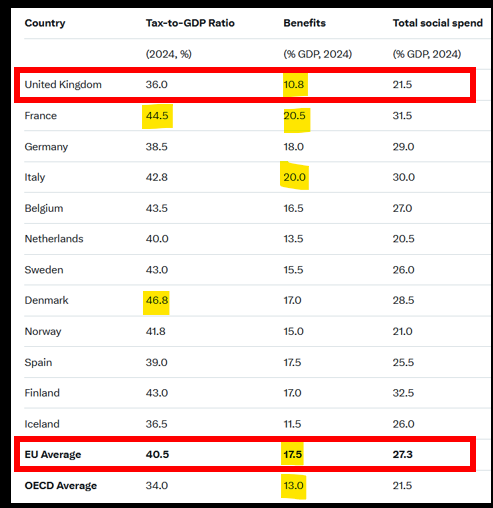#THREAD
I've scored columnists' predictions for the outcome of the 2017 snap election made by the @guardian's very own #MysticMegs (written just after May announced it) - Zoe Williams, Matthew d'Ancona, Martin Kettle, Sonia Sodha, Simon Jenkins, Ruth Wishart, & Gaby Hinsliff.
I've scored columnists' predictions for the outcome of the 2017 snap election made by the @guardian's very own #MysticMegs (written just after May announced it) - Zoe Williams, Matthew d'Ancona, Martin Kettle, Sonia Sodha, Simon Jenkins, Ruth Wishart, & Gaby Hinsliff.

Pretty much everyone on earth had decided this was definitely going to be a humiliating defeat for Corbyn's @UKLabour, with many pundits confidently predicting massive losses - including 'political Brexpert', Matt Goodwin. 🤣
It resulted in an unexpected hung parliament.
It resulted in an unexpected hung parliament.

From 20 points behind in the polls, Corbyn won 40% of the vote, the largest increase in vote share by a Labour leader since Clem Attlee in 1945, winning 30 more seats than Ed Miliband in 2015, including seats like Canterbury & Plymouth that for years had been Labour no-go areas. 

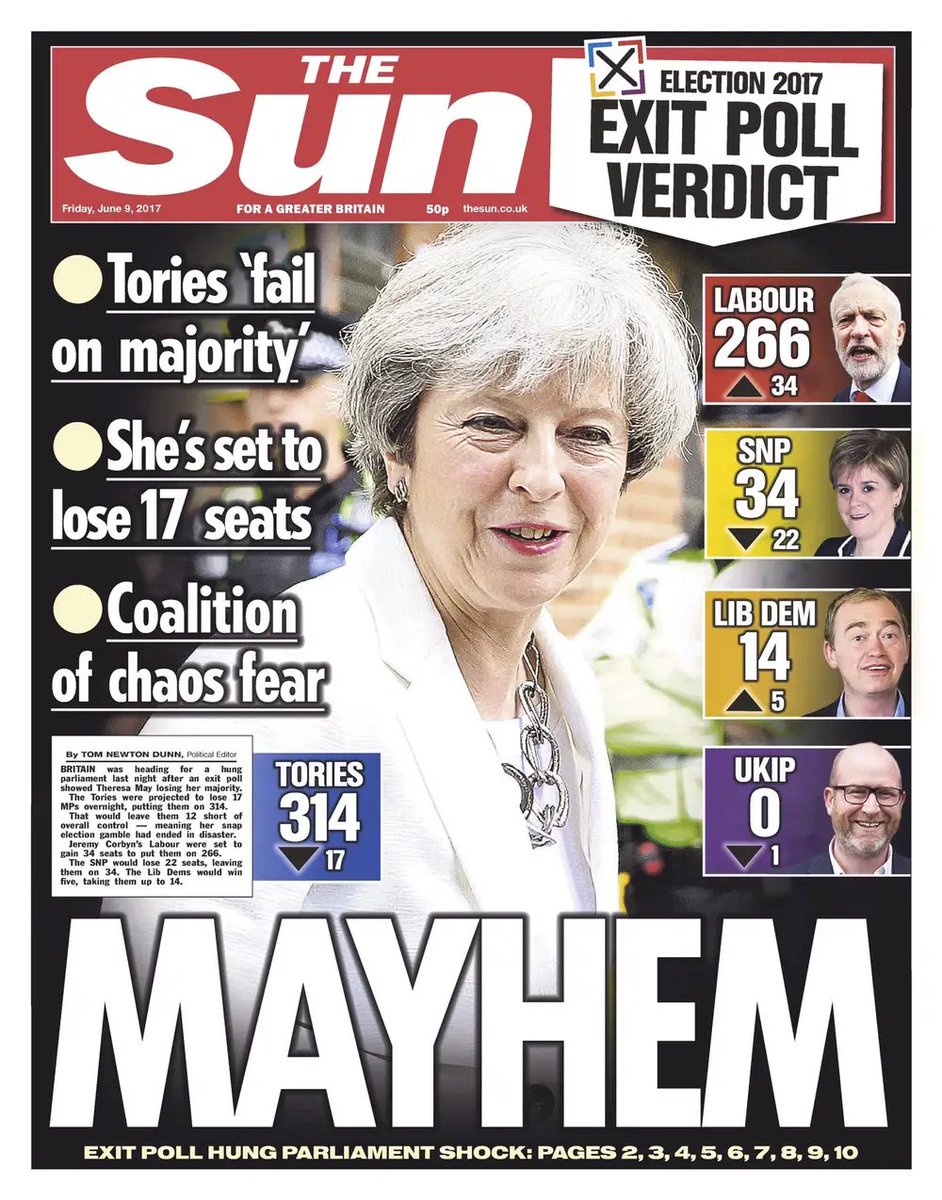

Zoe Williams:
'Scoring points off May’s government is both too easy – they are barely holding it together by any normal governmental standards – and too hard; the levers by which they are held to account aren’t working, & attacks do nothing to douse their impunity!'
3/10
'Scoring points off May’s government is both too easy – they are barely holding it together by any normal governmental standards – and too hard; the levers by which they are held to account aren’t working, & attacks do nothing to douse their impunity!'
3/10

Matthew d’Ancona:
'Labour’s position in the polls is historically dire. A snap election resulting, May hopes, in a stronger Tory Govt & an unambiguous personal mandate is self-evidently the smart option. I never thought that I would feel sorry for Corbyn, but today I do.'
1/10
'Labour’s position in the polls is historically dire. A snap election resulting, May hopes, in a stronger Tory Govt & an unambiguous personal mandate is self-evidently the smart option. I never thought that I would feel sorry for Corbyn, but today I do.'
1/10

Martin Kettle:
'May has trashed her own brand. Labour’s position is crucial. But since Jeremy Corbyn put his party on election footing last September he will be hard put to oppose it, whatever the damage the election does to Labour.'
3/10
'May has trashed her own brand. Labour’s position is crucial. But since Jeremy Corbyn put his party on election footing last September he will be hard put to oppose it, whatever the damage the election does to Labour.'
3/10

Sonia Sodha:
'May has faced little real opposition from a Labour party that’s been languishing in the polls. The only grim question facing Labour is how many seats will it lose? And where will that leave Corbyn? Will he resign, or choose to cling on against the odds?'
0/10
'May has faced little real opposition from a Labour party that’s been languishing in the polls. The only grim question facing Labour is how many seats will it lose? And where will that leave Corbyn? Will he resign, or choose to cling on against the odds?'
0/10

Simon Jenkins:
'With a poll lead hovering round 20%, an election is more than appealing. It would seem reckless to reject it. An election under Jeremy Corbyn is certain to be painful. But by autumn its sad flirtation with the archaic left should be over.'
0/10
'With a poll lead hovering round 20%, an election is more than appealing. It would seem reckless to reject it. An election under Jeremy Corbyn is certain to be painful. But by autumn its sad flirtation with the archaic left should be over.'
0/10

Ruth Wishart:
'The prospect of another general election will hardly be greeted with enthusiasm by the Scottish Labour party. There are real tensions between its leader, Kezia Dugdale, and Jeremy Corbyn, whom she didn’t support in the leadership election.'
3/10
'The prospect of another general election will hardly be greeted with enthusiasm by the Scottish Labour party. There are real tensions between its leader, Kezia Dugdale, and Jeremy Corbyn, whom she didn’t support in the leadership election.'
3/10

Gaby Hinsliff:
'It's a mark of how far Labour has fallen that the LibDems’ press operation is sharper. The worse Labour performs, the more Farron’s message that the best Remainers can hope for is a reduced Tory majority with his party holding them in check will resonate.'
1/10
'It's a mark of how far Labour has fallen that the LibDems’ press operation is sharper. The worse Labour performs, the more Farron’s message that the best Remainers can hope for is a reduced Tory majority with his party holding them in check will resonate.'
1/10

So next time you encounter any @guardian columnists (or ANYONE paid a fortune to speculate in a highly partisan manner corresponding to the political leaning of their employer) predicting the outcome of a #GE, take their OPINIONS with a HUGE pinch of salt!
theguardian.com/commentisfree/…
theguardian.com/commentisfree/…
• • •
Missing some Tweet in this thread? You can try to
force a refresh


